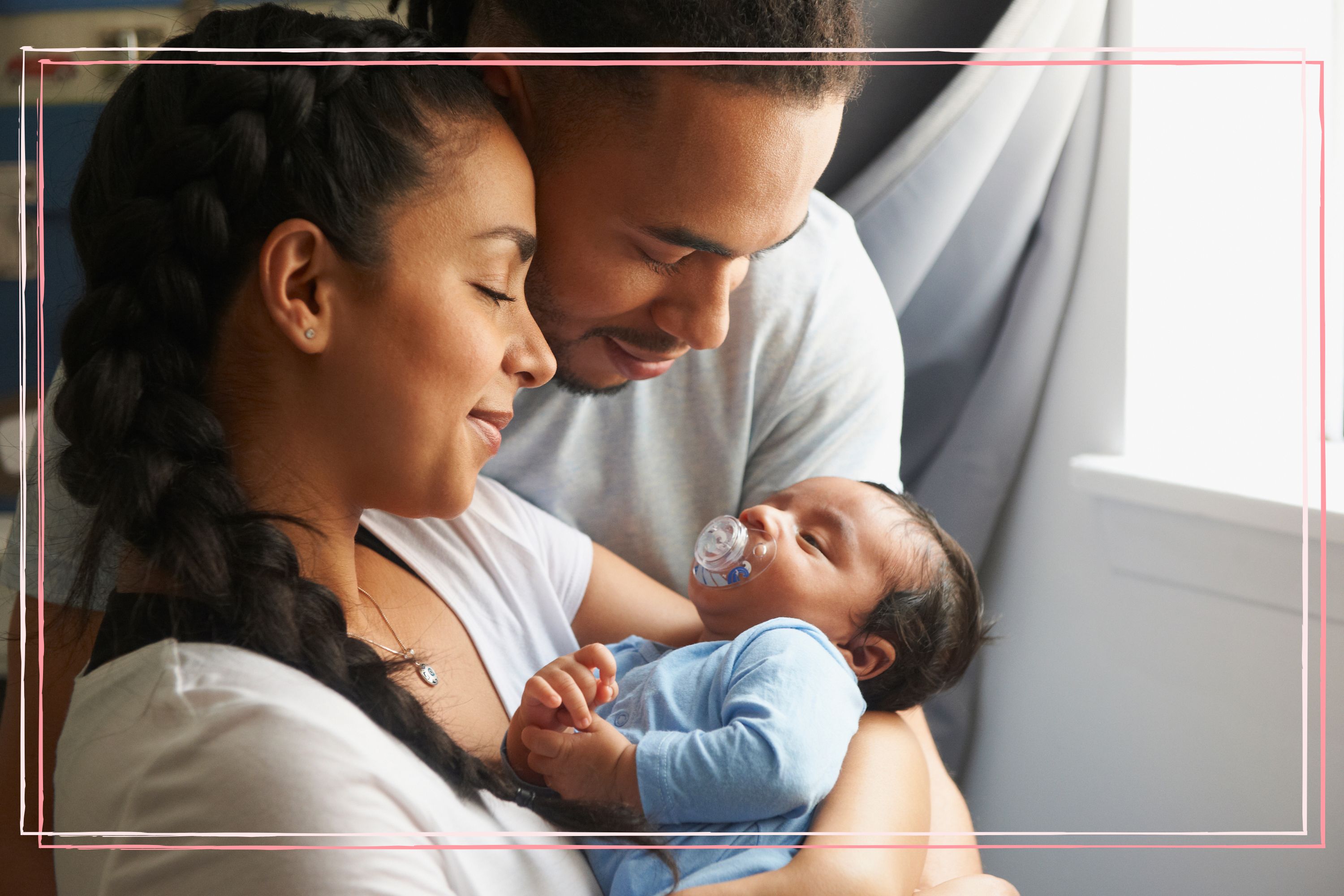Reframing one simple habit could get your sex life back on track after having a baby, new research shows
It might help new parents overcome the postpartum sex slump


Parenting advice, hot topics, best buys and family finance tips delivered straight to your inbox.
You are now subscribed
Your newsletter sign-up was successful
Many parents struggle to get their sex life back on track after having a baby, but new research has shown how one simple habit could make all the difference.
Nobody should feel the need to spice up their relationship right after having a baby. After all, the sleepless nights, postpartum hormones and leaky boobs make it difficult to have a fulfilling sex life while breastfeeding and carrying out all the other demands of life as a new parent.
So, if you're feeling like you've gone off sex after welcoming your little one, rest assured you're not alone. It's totally normal to feel like your physical relationship has come to something of a standstill. But new research has found that there's one key habit that improves the sexual relationship between couples postpartum, and reframing how you approach it could be crucial if you're looking for a way to get things back on track.
The 2024 study published in the Journal of Social and Personal Relationships found that attitudes towards physical touch had a significant impact on couples during the first few months of parenthood. The conclusions suggested seeing physical touch as a way to cope with difficult emotions - rather than as solely sexual - could be the key to improving postpartum sex life.
In a finding that may not be surprising to many, the researchers noted that affectionate behaviours such as touching, caressing, and kissing tend to decline from mid-pregnancy to one year postpartum. The authors suggested that this might be due to new parents being 'touched out' from caring for their child, or alternatively viewing affectionate touch as a precursor to sexual activity, which they may not be ready for.
However, in the instances where parents had a more positive attitude to physical touch - instead viewing it as a way to express affection, cope with stress, and regulate difficult emotions - it led to a higher frequency and variety of sexual and affectionate behaviours at three months postpartum.
The researchers explain, "Partners who believe that touch helps them regulate difficult emotions might foster an environment in which gestational parents also feel more understood and cared for and who, in turn, are more likely to maintain affectionate behaviours during pregnancy".
Parenting advice, hot topics, best buys and family finance tips delivered straight to your inbox.
They added that "a nonverbal strategy such as touch might be useful to promote intimacy and care" for new parents.
The research highlights the importance of viewing physical touch as a positive way of coping with the difficult emotions that parenting can bring, in order to improve sexual intimacy between parents.
If you're in the first few months of parenthood and having sex is the furthest thing from your mind, then no judgement from us - the sleep deprivation and heightened emotions are hardly likely to up your libido, no matter how much you're loving the newborn bubble.
But if you're feeling ready to reconnect physically with your partner, then try incorporating small moments of intimacy into your day, such as hugs, kisses, and hand-holding. These non-sexual gestures might help rekindle some romance later down the line.
For more relationship stories, one expert has revealed how a common habit could be key to improving your sex life, while a psychologist has shared how to stop your relationship from becoming ‘predictable and boring’. Elsewhere, here are five reasons why your partner might be picking fights for no reason.

Ellie is GoodtoKnow’s Family News Editor and covers all the latest trends in the parenting world - from relationship advice and baby names to wellbeing and self-care ideas for busy mums. Ellie is also an NCTJ-qualified journalist and has a distinction in MA Magazine Journalism from Nottingham Trent University and a first-class degree in Journalism from Cardiff University. Previously, Ellie has worked with BBC Good Food, The Big Issue, and the Nottingham Post, as well as freelancing as an arts and entertainment writer alongside her studies. When she’s not got her nose in a book, you’ll probably find Ellie jogging around her local park, indulging in an insta-worthy restaurant, or watching Netflix’s newest true crime documentary.